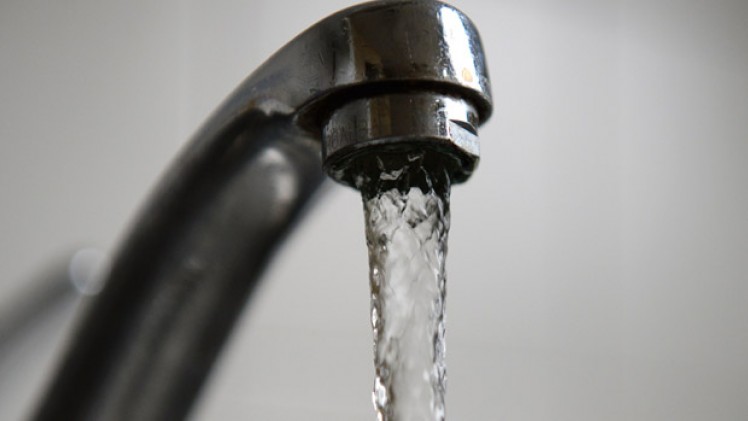-
Tips for becoming a good boxer - November 6, 2020
-
7 expert tips for making your hens night a memorable one - November 6, 2020
-
5 reasons to host your Christmas party on a cruise boat - November 6, 2020
-
What to do when you’re charged with a crime - November 6, 2020
-
Should you get one or multiple dogs? Here’s all you need to know - November 3, 2020
-
A Guide: How to Build Your Very Own Magic Mirror - February 14, 2019
-
Our Top Inspirational Baseball Stars - November 24, 2018
-
Five Tech Tools That Will Help You Turn Your Blog into a Business - November 24, 2018
-
How to Indulge on Vacation without Expanding Your Waist - November 9, 2018
-
5 Strategies for Businesses to Appeal to Today’s Increasingly Mobile-Crazed Customers - November 9, 2018
Water rip-off: bills are £800m too high, watchdog finds
Private water companies have made a combined £800m profits windfall at the expense of their customers across the United Kingdom, according to a national watchdog.
Advertisement
According to the NAO, water companies in the United Kingdom gained approximately GBP410m from lower than expected corporation tax rates and GBP840m from lower than expected interest rates from 2010 to 2105.
The NAO said that the firms were left with £800m after accounting for bill discounts and OFWAT had not achieved value for money through the implementation of its price cap – set in advance – with the balance of risks weighted too heavily in favour of the companies.
It said that the regulator, Ofwat, needed to act to ensure customers saw more of the gains when the companies benefited from developments that were outside their control.
The Whitehall spending watchdog said water companies in England and Wales had gained from tax cuts and lower-than-expected borrowing charges over the past five years.
The head of the NAO, Amyas Morse, said: “Customers have not seen enough of the benefits of companies” unexpected financial gains from factors such as falls in corporation tax rates. However, it stressed this came on the back of price rises of 40 per cent above inflation.
“Ofwat recognises that had interest rates and taxes gone the other way and rose instead, the companies would have had to bear the extra cost and the NAO may have to write a different report”, he said.
The regulated nature of the industry, with prices set every five years by regulator Ofwat, has guaranteed rich pickings for suppliers, most now in the hands of wealthy, but often secretive, foreign investors.
Industry body Water United Kingdom has defended Ofwat’s position, saying: “In conducting any regulatory review both Ofwat and water companies have to make estimates of the costs over the next five years for future plans to provide services to customers as well as the costs of investment in maintenance and new capital projects”.
Water bills accounted for about 2.3% of average household spending in 2013 and more than 5% for the poorest households. It says customers were protected against potential increases in costs, but that the NAO has not “balanced the risks” between companies and consumers.
Advertisement
He said although water quality and service has improved since privatisation in the Eighties, customers no longer received “value for money”. Cathryn Ross, chief executive of Ofwat, told the BBC that it would not have been right to pass on to customers the risk of changes in financing costs, and they gave consumers more certainty about the cost of their water bills. I don’t think that was the right thing to do.





























